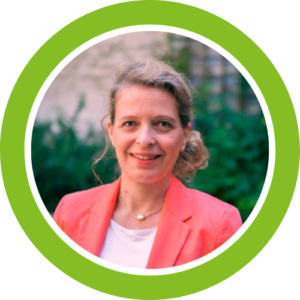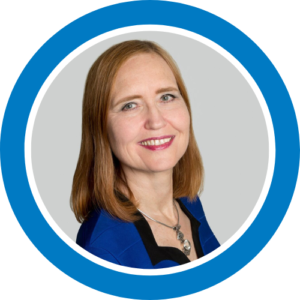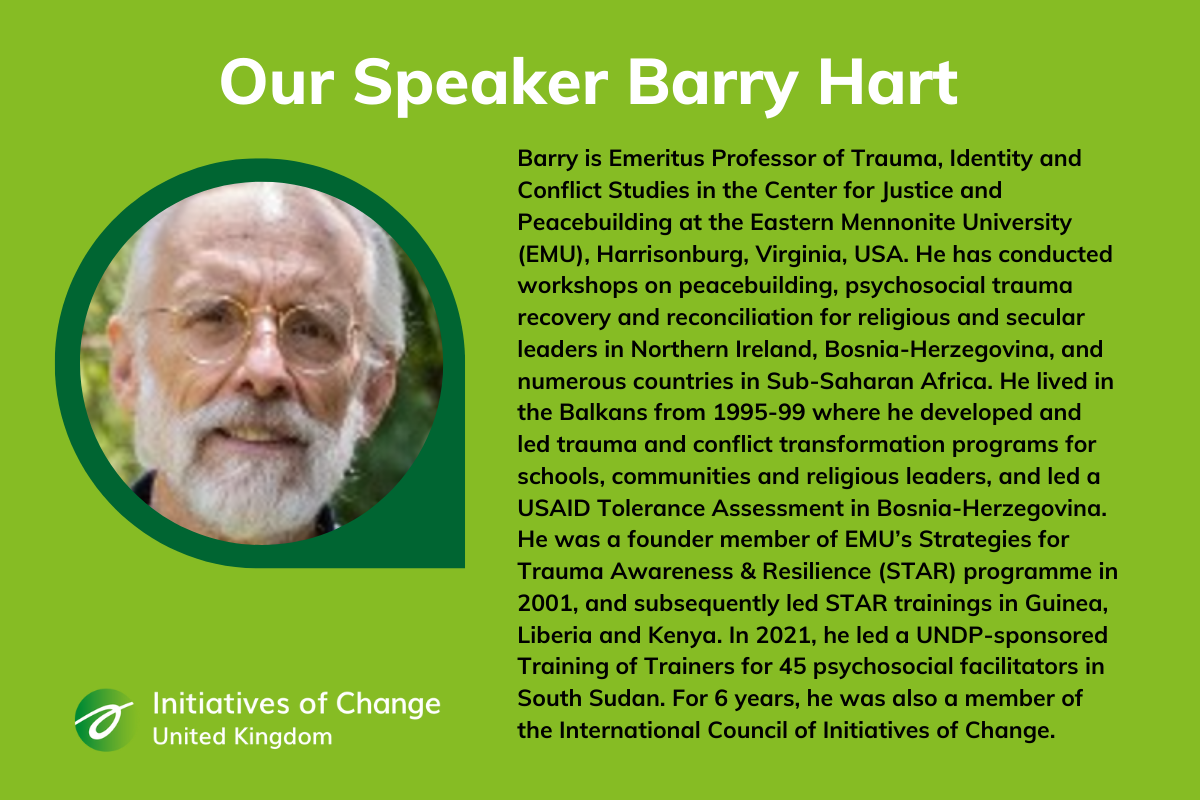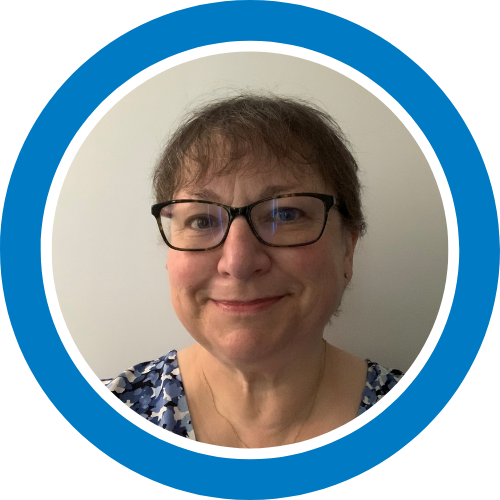Join host Simone Müller for ‘‘Contributing to the Collective”, featuring guest speaker, Annelieke Verkerk!
The upcoming International Roundtable session on Zoom will focus on:
Who is this aimed at? Female professionals from across all sectors; academia, entrepreneurs, coaches & consultants.
Please note that all roundtable sessions are held on Zoom – we advise that you ensure your Zoom application, whether on desktop, browser, or mobile device, is the most current version. Please see Zoom Updates for more details. We understand not everybody will be able to attend due to this session taking place in the GMT time zone. Please keep an eye out for future sessions held at a more favourable time for you.
All attendees must arrive on time and be available to stay for the full session to avoid disruptions. It is not guaranteed late arrivals will be granted admittance.


Simone holds a Masters in Business Administration from the CAU University of Kiel (Germany) and has worked in international management roles at a multinational corporation for over a decade. Since leaving her corporate career, Simone focused on International Leadership Development and Business Coaching. She is an accredited coach, trainer, and NLP master practitioner.

Annelieke has spent the past 18+ years working as an international team, organizational and leadership coach, with a focus on conscious, embodied and regenerative leadership, system dynamics and culture change. She also facilitates Regenerative Constellations on eco-systemic, social, economic, organizational and personal issues.
She has a master’s degree in Public and Private Law from the University of Groningen, held leadership positions with Central Government and is an NLP Master Practitioner.
Qualities and Strategies of Peacemakers – Online Course
Qualities and Strategies of Peacemakers (QSP-online) is a course of five short modules, each based on a film about outstanding peacemakers.
The films show examples of reconciliation after conflict in a variety of contexts: inter-national, inter-religious, inter-ethnic and post-colonial. After an introduction and viewing of the film, participants take part in an interactive analysis facilitated by Dr Omnia Marzouk and/or Peter Riddell.
QSP is for anyone over the age of 18, in particular those who want to respond to past or present instability in their countries. It aims to enrich their understanding of peacemaking, and stimulate new ideas for ways forward.
QSP is free of charge, but voluntary donations to extend the programme are appreciated.



With Professor Barry Hart, pioneer in Trauma, Identity and Conflict Studies.
By registering, you are signed up for Part 1 and Part 2. It will be difficult to understand Part 2 if you have not attended Part 1. It will not be recorded.
Peacebuilding:
Building peace in today’s world is clearly a difficult challenge, but one that can be addressed through theoretical and practical understandings of peacebuilding. Join us in a workshop where we will examine the causes of multiple types of conflicts, such as inter-group, community and societal-level conflicts, and explore how they can be transformed through peacebuilding intervention strategies. Real world examples of peacebuilding will be examined and participants will have the opportunity to begin discussing conflict situations in their own contexts.
Trauma Awareness:
Being trauma-informed is essential in these times of wars, natural disasters and pandemics. The workshop will look at the reasons behind high stress and trauma and examine ways to deal with both human-made and those traumas that are the result of natural disasters. We will examine different types of trauma, such as acute, severe, PTSD, secondary, historical and structural trauma, and explore the brain-body nexus regarding traumatization. Ways of transforming traumas will be discussed, along with the related subjects of resilience building and self-care. Post-workshop, participants will be encouraged to create their own self care plan.
The workshops are free of charge but contributions towards expenses are greatly appreciated. Donate here (specifying Agenda for Reconciliation).

Peace Circles are the core component of the Creators of Peace programme.
This intensive weekend Peace Circle explores 10 themes centred around creating peace that include listening to others, the power of forgiveness, and inner peace.
This hybrid program starts with an introductory evening online and then 2 days in person.
The Peace Circle is designed to flow from one gathering point to another and so participants need to commit to all the sessions. The course is unique in that it also offers an opportunity for each participant to share their own story, which allows for self-empowerment and development of ones own peacemaking skills.
Peace Circle’s are facilitated in the style of a ‘talking circle’, where all voices are heard respectfully, and a safe space is established at the beginning of each session to allow individuals to explore diverse perspectives.
Peace Circles are free to join. If you are joining us from an organisation or business please consider making a donation. Peace Circles are subsidized by donations, grants and volunteers which allows them to continue to be delivered without charge.
At the end of a Peace Circle we encourage contributions from participants as a way to ‘pay it forward’ so we can continue to offer all women the opportunity to participate in exploring their role as a peace creator.
Please note that due to the connected nature of Peace Circles you will need to commit to attending all sessions in a course.
June/ July
Oxford – 12 Norham Road, Oxford OX2 6SF
Thursday 30th June – 5:30-7:30pm (online)
Saturday 2nd July – 10am-6pm (in person)
Sunday 3rd July – 10am – 6pm (in person)
Peace Circles are only open to women, including trans women, as a way of creating safe space. Thank you for your respect and cooperation. Please note that all sessions are held on Zoom – we advise that you ensure your Zoom application, whether on desktop, browser, or mobile device, is the most current version. Please see Zoom Updates for more details.
September Business Circle – Advanced Conscious Leadership
Facilitated by Anton Smith, this series of Business Circles will centre around Leadership Values with reference to the Initiatives of Change’s Core Values identified below.
The question will be how Leaders can incorporate these values into their organisations. Of course, all 6 Values are interrelated – we can’t have Honesty without Trust Building but within each topic there are distinct aspects that matter.
1. HONESTY
2. UNSELFISHNESS
3. LOVE
4. PURITY OF MOTIVE
5. TRUST BUILDING / COOPERATION
6. QUIET TIME
Business Circle 1 – HONESTY.
We’ll look at how Leaders can develop the courage for personal Honesty and to foster a culture of Honesty in their organisations and the need to adhere to truth, justice and lawfulness. This is against a background of widespread dishonesty and spin-doctoring in many commercial organisations and government. This includes an avoidance of responsibility for mistakes made and an unwillingness to disclose vulnerabilities (the “Cover-Up Culture”). Examples of bullying cultures have been discussed in previous Circles and how this can prevent Honesty due to fear.
Spaces are LIMITED for this session; first come, first served. Please note that all sessions are held on Zoom – we advise that you ensure your Zoom application, whether on desktop, browser, or mobile device, is the most current version. Please see Zoom Updates for more details.
This event is for anyone who’d like to share their experiences of Leadership, whether as a Leader, a Leadership Trainer or as one who has observations to make of their Leaders.
July Business Circle – Advanced Conscious LeadershipFor the current series of Business Circles, we’re addressing “Leadership Essentials” as identified below. The objective is to share views, attitudes, leadership theory, practice, and experiences in order to establish improved/enhanced models for the most effective form(s) of Leadership.
From all the Circles to date, considerable and valuable insight has been gained from our discussions and conclusions over the last year or so but instead of them being of an open-ended format going forward, we’re now introducing a more formal and structured format for each Circle. It’s felt that this will provide more detailed insight about the specific topics concerned and open up new perspectives to implement within our respective organisations and in any training we may be involved with.
Within each topic, skills, attributes, experience, and behaviours naturally play their part and we can consider the pragmatic, emotional intelligence, ethical issues and many other aspects that have a role in creating the most productive and person-centered working environments.
In our last session, we looked at Transactional Aspects of Communication. Our next session will focus on Facilitating Conflict Resolution.
For those unable to attend the last Circle, we can provide a summary for you prior to the next one.
A detailed format for the Circle on 28th July will be sent out a week beforehand.
Spaces are LIMITED for this session; first come, first served. Please note that all sessions are held on Zoom – we advise that you ensure your Zoom application, whether on desktop, browser, or mobile device, is the most current version. Please see Zoom Updates for more details.
This event is for anyone who’d like to share their experiences of Leadership, whether as a Leader, a Leadership Trainer or as one who has observations to make of their Leaders.
Refugees as Re-Builders™ Curriculum LaunchThe Refugees as Re-Builders™ Programme of Initiatives of Change UK is launching the first full iteration of its curriculum for training refugees online via Zoom on Saturday 16th July 2022 between 1:30pm and 4:30pm. This will include a detailed explanation and discussion on the Foundation, Intermediate and Advanced levels of the programme.
If you are a refugee, volunteer worker or know someone who could benefit from learning about this new curriculum, then please join us as we provide details of the new curriculum. You will hear from members of the alumni of the Refugees as Re-Builders™ programme.
Creators of Peace President’s Lunch 2022
Please join us as we celebrate our friendships. We will be supporting the UN’s theme ‘Sharing the Human Spirit through friendship’. We’ll be having a short discussion with the Creators of Peace outgoing President Amina Dikedi-Ajakaiye and the Creators of Peace International Committee, followed by a light lunch*. After lunch we will have an afternoon of crafts and getting to know each other.

Craft will include Chinese Calligraphy writing with Bekie Chan, Colourful paper pompom making with Amanda Clements and friendship bracelet making with Ilwad. There will be Cake, tea/coffee and friendship.
Venue: Initiatives of Change UK, 24 Greencoat Place, SW1P 1RD
*Please bring an item of food (with ingredients labelled) to eat and/or share with the group for the lunch so everyone can try different cuisines. Soup, cake, tea/coffee will be provided in limited quantities.
June Business Circle – Advanced Conscious LeadershipFor the current series of Business Circles, we’re addressing “Leadership Essentials” as identified below. The objective is to share views, attitudes, leadership theory, practice, and experiences in order to establish improved/enhanced models for the most effective form(s) of Leadership.
From all the Circles to date, considerable and valuable insight has been gained from our discussions and conclusions over the last year or so but instead of them being of an open-ended format going forward, we’re now introducing a more formal and structured format for each Circle. It’s felt that this will provide more detailed insight about the specific topics concerned and open up new perspectives to implement within our respective organisations and in any training we may be involved with.
Within each topic, skills, attributes, experience, and behaviours naturally play their part and we can consider the pragmatic, emotional intelligence, ethical issues and many other aspects that have a role in creating the most productive and person-centered working environments.
In our last session, we looked at Communication, inspiring teams and “Selling” Visions. Our next session will focus on Transactional Aspects of Communication.
For those unable to attend the last Circle, we can provide a summary for you prior to the next one.
A detailed format for the Circle on 23rd June will be sent out a week beforehand.
Spaces are LIMITED for this session; first come, first served. Please note that all sessions are held on Zoom – we advise that you ensure your Zoom application, whether on desktop, browser, or mobile device, is the most current version. Please see Zoom Updates for more details.
This event is for anyone who’d like to share their experiences of Leadership, whether as a Leader, a Leadership Trainer or as one who has observations to make of their Leaders.
June Women in Leadership RoundtableJoin host Simone Müller for ‘Psychological safety from a female perspective‘, featuring guest speaker, Ann Hunter!
The upcoming International roundtable session on Zoom will focus on:
Who is this aimed at? Female professionals from across all sectors; academia, entrepreneurs, coaches & consultants.
Please note that all roundtable sessions are held on Zoom – we advise that you ensure your Zoom application, whether on desktop, browser, or mobile device, is the most current version. Please see Zoom Updates for more details. We understand not everybody will be able to attend due to this session taking place in the GMT time zone. Please keep an eye out for future sessions held at a more favourable time for you.
All attendees must arrive on time and be available to stay for the full session to avoid disruptions. It is not guaranteed late arrivals will be granted admittance.


Simone holds a Masters in Business Administration from the CAU University of Kiel (Germany) and has worked in international management roles at a multinational corporation for over a decade. Since leaving her corporate career, Simone focused on International Leadership Development and Business Coaching. She is an accredited coach, trainer, and NLP master practitioner.

Ann is a Certified Professional Coach and Mentor. She has worked within a global corporate business setting for over 20 years and has a vast experience of leadership, people management. In her spare time she likes to volunteer, supporting people and the local community. Her values are very important to how she lives – honesty, confidentiality and trustworthiness are key.